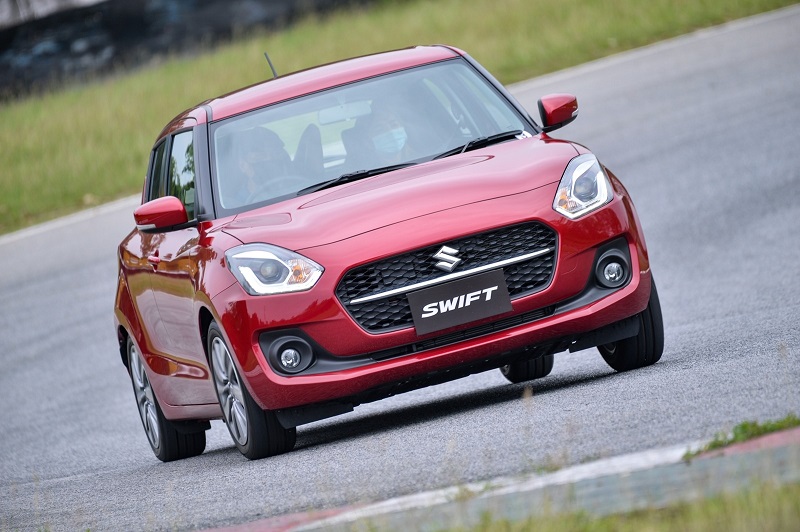In a strategic move to reassess its global production framework, Suzuki Motor Corporation has announced the closure of its subsidiary’s automobile plant in Thailand, Suzuki Motor (Thailand) Co., Ltd. (SMT), by the end of 2025. This decision aligns with the company’s broader objectives of promoting carbon neutrality and advancing electrification.
Suzuki initially established SMT in 2011 following the Thai government’s eco-car project announcement in 2007. The plant commenced production in 2012, achieving an annual output of up to 60,000 units, including exports. Despite this success, the evolving automotive landscape and Suzuki’s commitment to sustainability have necessitated a reevaluation of its global manufacturing sites.
Post-closure, SMT will continue to cater to the Thai market’s demands for sales and after-sales services by importing completely built units (CBUs) from other ASEAN region plants, Japan, and India. Moreover, to support Thailand’s carbon neutrality ambitions, Suzuki plans to introduce a range of electrified models, including hybrid vehicles.

Overview of Suzuki Motor (Thailand) Co., Ltd.:
- Establishment: August 2011
- Start of Production: March 2012
- Location: Pluakdaeng, Rayong Province
- Capital: 12,681.87 million baht (fully owned by Suzuki)
- Number of Employees: Approximately 800
- Production Models: Swift, Ciaz, Celerio
- Production Output (FY2023): 7,579 units
- Sales Performance (FY2023): 10,807 units (domestic), 1,272 units (exports)
The closure of the SMT plant marks a significant shift in Suzuki’s operational strategy, emphasizing the company’s dedication to environmental sustainability and its adaptive approach to the dynamic automotive industry.







